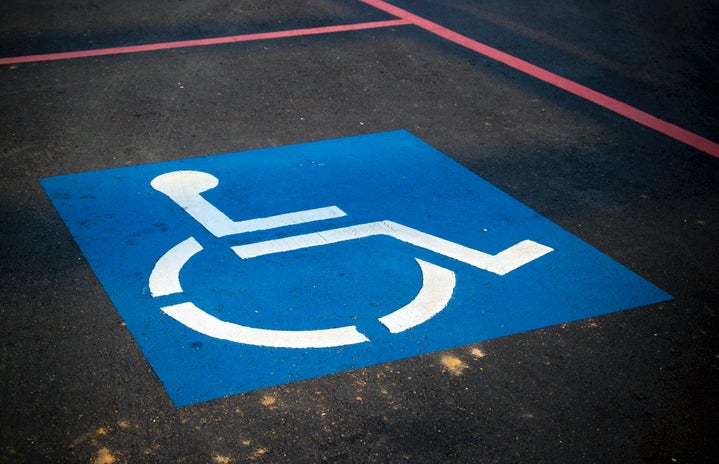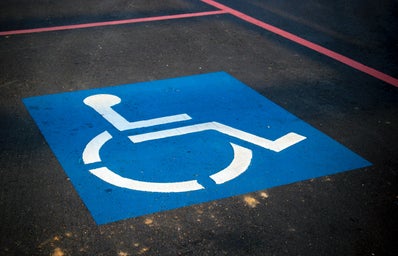There’s something about letters that captivates me. Something about the pen hitting the paper for the first time, releasing untapped potential. The black ink on the empty page stirs up magic inside of me. This simple action intersects the idea of what was and what will be. Letter writing captivates the interplay between memory and stability, capturing our thoughts and feelings by putting them together in a string of words for us to share with another person. It’s one of the most simple yet intimate ways we share parts of ourselves with another person or ourselves for that matter.
For thousands of years, letter writing has been wedged into the human experience. It has become a process so engrained throughout history, capturing everything from love stories, admissions to universities, to personal, victorious moments as well as historical ones. For example, King Henry VIII wrote love letters to this woman who would later become his second wife. Martin Luther King Junior wrote a letter while he was detained in the Birminham Jail discussing his promise to fight racial segregation. Winston Churchhill wrote a letter refusing to make a deal with Germany when he was appointed as Prime Minister. Weaved throughout history, there is this particular commonality: letter writing. Isn’t it marvelous that this process is something that the rulers of ancient Europe were doing in 500 B.C. and the same opportunity awaits us today? I’d for one say so.
Letter-writing is enchanting because essentially, it is a gift. Picture this. You receive an unexpected letter in the mail. You start feeling giddy inside because you don’t know what it’s going to say. The unknown excites you, the possibility of what could be. Then, slowly, but surely, you peel open the envelope revealing the thing that has the answers to your questions: what will be. Unraveling the piece of paper allows you to feel and see what the letter holds. This is one of life’s simple, yet magical moments. At least, that’s the way I perceive it.
Not only that, but the letter-writing process reminds me of all the different processes in life. It’s a call to slow down and put life into perspective. Something I’ve been particularly grateful for recently—perspective. The beauty about perspective is that, at its core, it is humbling. It shifts me from my current, potentially negative mindset and allows me to be grateful for the things I once took for granted. It can be hard to be grateful for things I have when I don’t take them into perspective. One thing I have been particularly grateful for recently is my physical ability. My ability to walk across campus. My ability to attend workout classes. My ability to embrace a friend in a long hug after time apart. All of these little moments, I have taken for granted until recently. In light of International Day of Persons with Disabilities, which was celebrated on Dec. 3, I wrote a letter to my younger self about a different perspective, in regards to persons with physical disabilities.
Hey Meg,
It’s me Meg. But from the future, cool, right? I’m currently in my college era right now. Remember that Selena Gomez song that you used to be obsessed with, “Tell Me Something I Don’t Know”. Well, that song got me thinking about about all the things I want to tell you in this letter, but there’s one thing in particular that you don’t know that I want to focus on.
Perspective. One perspective that constantly drives me to be grateful is when I look through the diversity, equity and inclusion lens. A call to be more aware of my fellow peers, especially the ones that seem to be overshadowed. Over the past year, I have noticed an increase in mental health awareness on college campuses, which is amazing as it was something that used to be a topic that would get brushed under the rug. However, due to this spiked awareness, it appears awareness regarding physically disabled students has been glossed over. This is not to discredit the work that has been put into shedding light on the mental health stigma, rather a call for duality— to increase the same awareness for the physically disabled especially in the ever evolving world of college where we are taught that every voice, including our own, matters.
Students with disabilities have already accomplished one of the hardest things in life— acceptance. They’ve accepted their identity as a person with a disability, not less than, just different. They have learned the importance of activism and standing up for themselves in order to make accommodations to be adequately prepared for a specific event or everyday occurrences. However, oftentimes these basic needs and desires are overlooked by college administrators. Students with disabilities continue to astonish me as they have mastered the art of time management. Preparing to leave their dorm room, they must plan how long it is going to take them to get to their destination, how much mental and physical exertion that will require and allocate their remaining energy for the rest of the day accordingly.
Slay? Slay.
Mid-afternoon, athletes are shuttled on golf carts around college campuses to get them from their last class of the day and transport them to the arena to ensure they get to practice on time. This service is a great benefit for student athletes. However, what I didn’t think about is how college students with disabilities could benefit from a service that is similar to that of the athletes. A service that shuttles them from their dorm to their class so that they are not already physically exhausted by the time they arrive at class. This would also allow them to have a bigger mental capacity for their class as well. As many college campuses already do provide this, it is important to raise awareness around the schools that do not because these students are equally worthy of this service.
It has been proven that disability is a campus wide concern. Therefore, many universities provide counseling services and disability resource centers to accommodate needs. However, many students say that they would like to see an increase in faculty and staff understanding and capacity. While this topic is multi-faceted, it is important that the communication from the disability support services is streamlined efficiently and correctly to the faculty and staff. Having communication come directly from the students to increase awareness about their struggles instead of the resource center could help increase transparency. Transparent communication in a workshop setting allows for students to feel that their voice is being heard and understood, which is the ultimate goal here.
It is also important to reflect on how language is being used. Are there translators for sign language to accommodate the deaf? These are things that universities should be providing for campus wide events to create a more inclusive environment for all students. Being aware of these issues in the first place are things that are the foundation in order to overcome these campus wide obstacles.
So Meg, remember me? Yep, it’s still the future me, or should I say current day me? Either way, surprise! I know at the beginning of this letter you wanted me to tell you something you didn’t know, and well, poof—there it is. The cold hard truth of something you did not know. As cliché as it is, you don’t know what you don’t know until you hear and firsthand witness these injustices. I hope this letter fueled your soul. Do what you wish with this perspective.
Be more appreciative.
Smile more.
Help someone with a physical disability out.
Turn sacrifices into pleasures.
Be brave and bold.
And always, always remember, don’t let what you can’t do interfere with what you can do to help someone out.
Ta Ta For Now,
Future Meg


